We’re still not sure how things stand entirely when it comes to Brexit, or whether it will happen at all. Despite the now agonising insanity of this senseless process, let’s have a look at the current situation (which will probably have altered a few times before I finish this article. I wish I was being sarcastic).
After a trend of crushing defeats had become the humiliating norm for the enfeebled PM, Theresa May finally had her day (sort of) in the latest vote on various amendments to her withdrawal agreement. MPs voted against no deal – which should effectively take the catastrophic threat of the United Kingdom crashing out of the European Union without a deal in place at the end of next month off the table entirely – had it not been a non-binding amendment.
British MPs also voted against an Article 50 extension, which would have allowed for the two year window allowed for negotiations when a member state declares its intention to leave the bloc to be extended for a period which would have been agreed upon had it passed.
So, what happened in layman’s terms? What happened is that the Commons continued the insanity by voting against a no deal, making it clear that the United Kingdom leaving the EU without a deal in place was not in anyone’s interest, nor should it be the British Government’s policy, but they also voted against extending the time needed for any further negotiations. A bit odd, you say? A bit chaotic? Yes, it is.
Instead, MPs gave Theresa May a mandate to go back to Brussels to attempt to renegotiate the troublesome Irish backstop, which acts as an insurance policy to prevent a hard border between the Republic of Ireland and Northern Ireland. The EU has already stated that the backstop is part of the deal and cannot be opened up again. Britain is, once again, experiencing an impasse. With the now internationally weakened United Kingdom stuck between a rock and a hard place, what does this mean for British nationals living and working in Croatia?
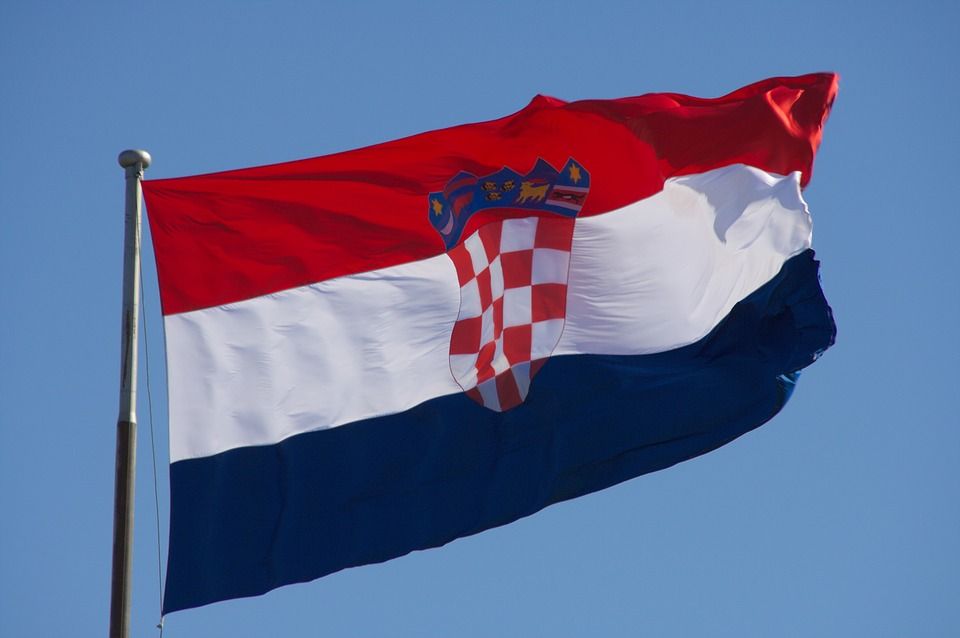
A look at the current scenarios:
Theresa May’s withdrawal agreement is ratified by the UK and the EU:
We’ve already covered what will happen if Theresa May’s initial withdrawal agreement ends up being passed, which, as the clock runs down to the rapidly approaching and ominous date of March the 29th, when Britain is due to leave the European Union after over forty years of membership, could still end up being ratified.
If the British PM manages to arrange new terms with the EU regarding the hated Irish backstop, however unlikely, then the withdrawal agreement has decent chances of being ratified later this month. If that happens, the fate of British citizens in Croatia will be firmly secured. Life will go on as normal until the end of December, 2020, when the implementation period ends. If you are resident in Croatia, registered with the authorities and have a biometric residence permit (privremeni/stalni boravak), you’ll continue life as you do now. You’ll be able to apply for permanent residence as normal after racking up five years of legal residence in Croatia and as such gain almost all of the rights Croatian nationals enjoy, after a further three years, you can also apply for citizenship if you want to. If you already have permanent residence, you’re already sorted.
Under May’s deal, those with permanent residence will be allowed to leave their member state of residence for five consecutive years without losing their status, which essentially means you have it for life. Read this article for more detailed information on that.
Article 50 extension:
The clock is ticking, and the dreaded Brexit day is fast approaching. A delay is becoming increasingly likely, despite having been voted against recently, it doesn’t mean this won’t become necessary to avoid a tragic no deal exit. If this occurs, nothing will alter for you until a new Brexit date is confirmed.
EEA/EFTA style agreement:
Several countries, including Norway and Iceland, are in the European Economic Area but are not members of the EU, in fact. These two countries still abide by the four freedoms of the single market in order to obtain unrestricted access to it, one of which is the free movement of people, which means that should Britain opt for some sort of ”Norway-style agreement” as a too-little-too-late Plan B, the free movement of citizens will remain as it is today. This means nothing will alter for you, and you don’t need to do anything.
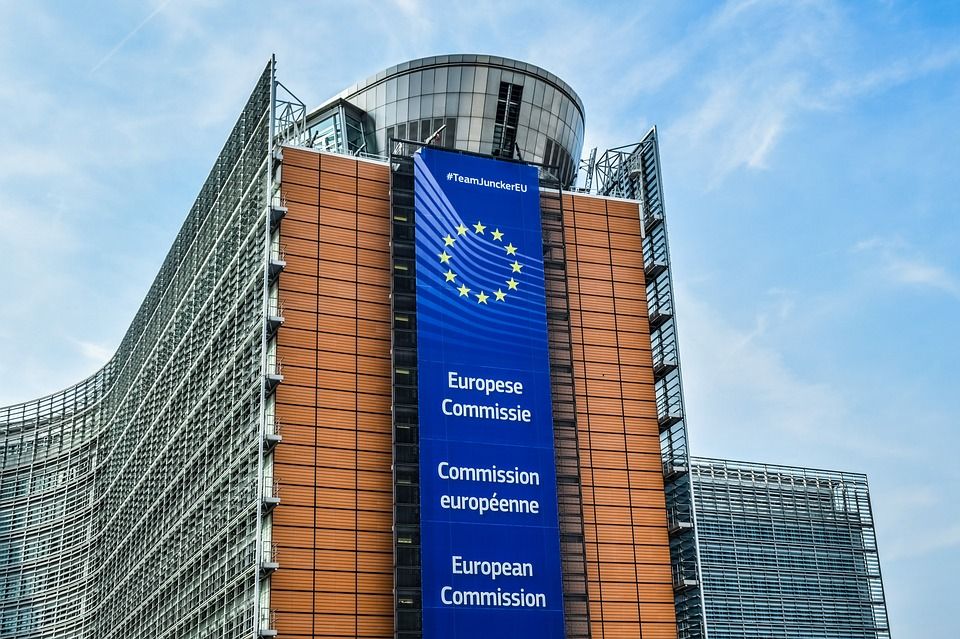
No deal Brexit:
Should the world’s fifth largest economy end up crashing out of the world’s largest trading bloc without a deal in place, the consequences will be dire for the country’s economy. Dark days would be ahead of a Britain all alone in the world, with the threat of the worst economic situation since the recession potentially becoming a reality, all normal thinking individuals want to avoid this horrendous possibility. Such a scenario would have an extremely negative impact on the UK and the EU, and this situation will likely never become government policy. Britain is a European country and needs close ties, and a free trade deal, with the EU.
As I have written before, many EU countries have already come out to reassure British citizens living in their countries that their rights will be protected if a no deal does end up happening, with some such as Malta being extremely generous and offering Brits permanent residency (a renewable document valid for ten years) should this occur.
The European Commission has asked EU member states, including Croatia, to take a ”generous approach to British citizens who are already living on their territories”.
While such comments are a disgraceful abandonment in the eyes of many, especially after the UK respectfully unilaterally guaranteed the rights of EU citizens already living in the UK, all three million of them, the EU cannot make a similar unilateral guarantee in the event of a no deal Brexit as it is not a national body. Despite that, the good intention of the EC/EU is clear – the expectation of member states to protect British citizens who have made life choices based on the treaty rights that derived from their citizenship of the Union.
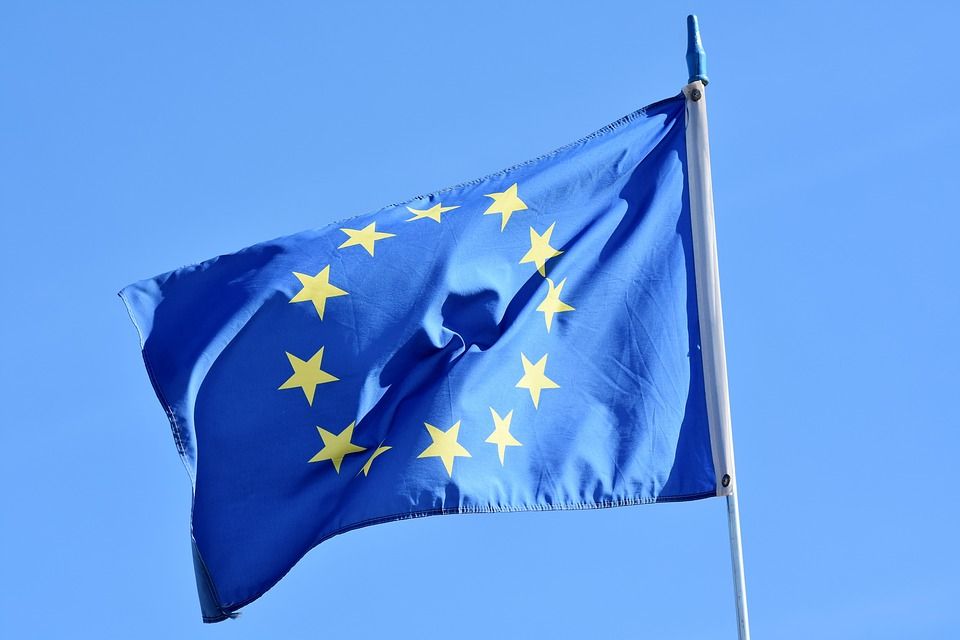
Unlike some other EU countries, Croatia is yet to speak publicly on the matter, but MUP has made clear that Croatia’s intentions are entirely in line with the wishes of the European Commission when it comes to fully protecting British nationals who are living in Croatia with regulated status (biometric residence permit) on the 29th of March, 2019, should the UK crash out of the EU with no deal in place. I have been in contact with MUP and I translated their response, which we also published in another article detailing the work TCN will do with the British Embassy to keep information flowing:
”The Republic of Croatia considers that it is of great importance to protect both the citizens of the European Union in the United Kingdom, and the citizens of the United Kingdom in the European Union. The European Commission’s intention is to ensure a high degree of tolerance for UK nationals already residing in an EU member state. Such reflections and efforts are in line with the objective of the Republic of Croatia that the citizens of the United Kingdom and members of their families who have a regulated status in the Republic of Croatia are not regarded as illegal persons on the date of their [the UK’s] departure from the European Union, that their residence and unimpeded access to the labour market in the Republic of Croatia is allowed. In this regard, the Republic of Croatia will take the necessary measures to regulate the stay of UK citizens who, at the time of the United Kingdom’s departure from the European Union, have regulated residence in the Republic of Croatia, in accordance with the European Commission’s guidelines.”
Please read this article for further information, including a statement from MUP provided to Balkan Insight which also, along those same lines, suggested that the assurances and guarantees Croatia’s 600+ resident Brits need will be forthcoming once the details on issuing new documents are finalised.
Given the fact that London has already unilaterally given rights to all EU citizens in the UK and will enshrine the rights of Croats in the UK into British law, rest assured that Croatia will respond in the spirit of reciprocity when the finer details are ironed out.
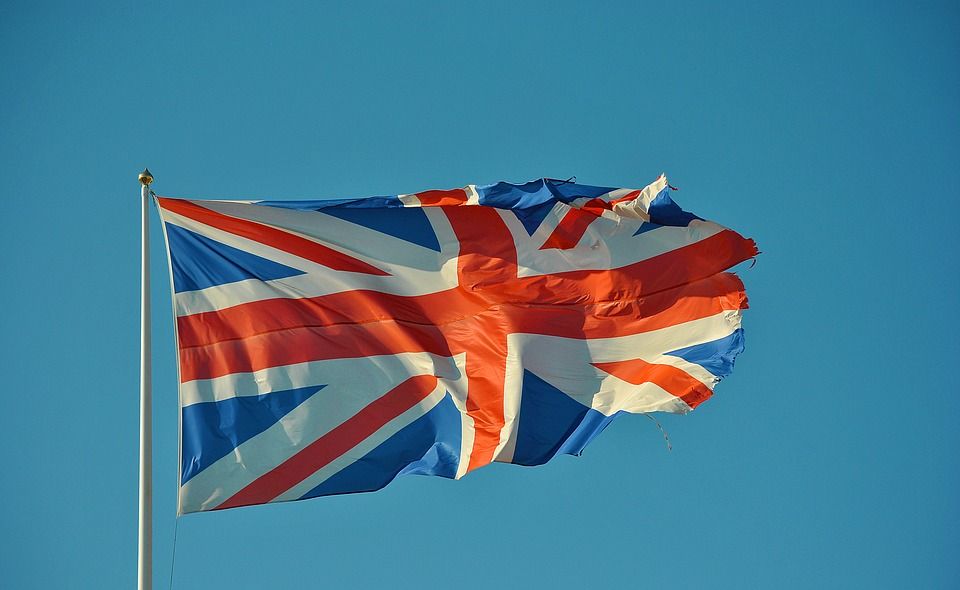
No Brexit at all
This is still a possibility, and should Article 50 be revoked and Brexit cancelled, nothing will alter and we’d remain with the good old status quo. This is unlikely, but remains possible.
What should you do if you live in Croatia to protect yourself against any outcome?
First of all, do not panic. Second of all, read the list below.
1) Make sure you are registered with the police and are in possession of a valid residence permit.
2) If you move, make sure to inform the police of your move at the local police station in your new city or town.
3) Make sure you have any documents you need, these will vary in different situations. For example, if you have purchased a house or taken out a rental contract, make sure to keep any papers that attest to that fact.
4) Convert your British driving license to a Croatian one here.
4) Make sure to stay up to date by following the British Government’s Living in Croatia page for updates as and when they come. Sign up to receive an email about any updates.
5) Read this article and follow the links specified for information updates, the Brexit hotline, the Facebook page of the British Embassy, and an email contact.
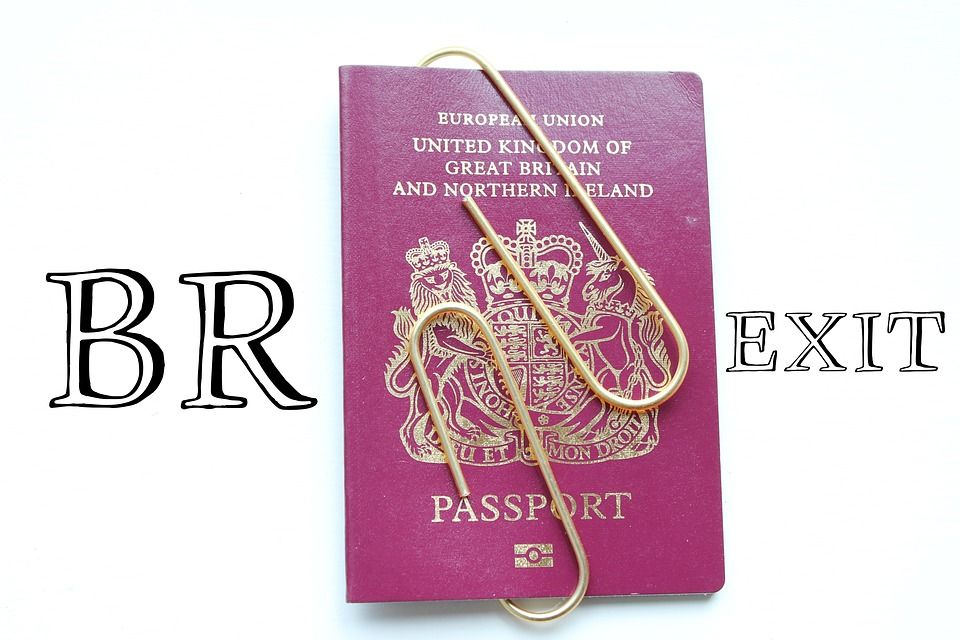
Just to add, the EU recently confirmed that British nationals will NOT need a visa to travel to the EU for short trips (90 days in any 180 day period) even in the case of a no deal Brexit. If you’re in possession of a valid residence permit from an EU country, you will not be subject to the rules placed on British citizens living in the UK travelling to the EU for holidays.
The Schengen area is currently made up of 26 countries and Croatia applied to join back in 2015, two years after its accession to the EU. Croatia is not yet in Schengen, but hopes to enter soon. The Schengen area, named after the Schengen Agreement, will facilitate visa-free access for British citizens on short stays of less than 90 days. Again, if you are a registered resident of any of the Schengen countries, this rule will not apply to you regardless of your nationality.

Make sure to stay up to date by following our dedicated politics page, and by following the British Embassy in Zagreb with the #UKNationalsinCroatia tag.







